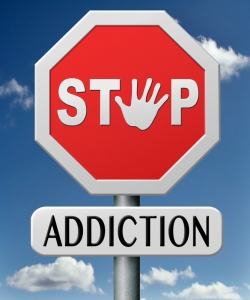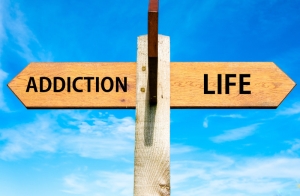According to the National Institute on Drug Abuse (NIDA), relapse rates are around 40-60% following rehabilitation (rehab). There are some secrets to a successful addiction treatment experience, as well as ways you can prevent relapse. Find out what you need to know about addiction treatment and preventing relapse.
Addiction Treatment
The first part of addiction treatment is detoxification (detox). The rehab center physician orders medications that help you safely rid yourself of the physical dependency to the drug. Medical care is offered during the detox process, and the client does not have to worry  about dangerous withdrawal symptoms.
about dangerous withdrawal symptoms.
After detox, the recovering addict begins actual treatment and therapy. This involves individual counseling, group meetings, cognitive-behavior therapy, and family therapy. During this stage, the addict learns how to resist the cravings and urges for drug use and discovers the underlying cause of his/her dependency.
The Stages of Relapse
Relapse is a gradual process, not a sudden event. In order to comprehend relapse prevention, you must first understand the relapse stages. Relapse begins weeks or months before the actual use of the drug occurs. The three stages of relapse are:
- Emotional relapse – During this stage, you are not really thinking about using, but your emotions set you up for future relapse. The signs of emotional relapse include intolerance, anxiety, anger, mood swings, defensiveness, isolation, poor eating habits, poor sleeping habits, not going to meetings, and refusal of help.
- Mental relapse – With this stage, there is a war going on in your mind. You want to use, but you withhold from using. In the mental relapse stage, you sit and think about the substance and things associated with your drug of choice. Symptoms include glamorizing the drug use, thinking of things, places, and people associated with your drug use, lying, hanging out with friends who use, considering relapsing, and planning the way you will use.
- Physical relapse – Once you consider relapsing, you will start the actual physical stage of using. This involves going to the beer/liquor store, seeing a doctor for prescription drugs, or seeking a drug dealer. Once this occurs, full-blown drug use usually follows.
Relapse Prevention
If you have started into any of these stages of relapse, consider some relapse prevention strategies. This involves changing behaviors that lead to drug/alcohol use. Strategies are:
- Practicing self-care – This involves taking care of yourself. Get plenty of rest, exercise, eat right, and relax. Treat yourself to a small gift, which is a reward for staying sober. Let go of fears and resentments through some type of relaxation, and then build up from there.
- Play through the scenario – When you start to use, picture your life the way it was before. Remember all the reasons you wanted to stop. To avoid the vicious cycle, play these scenarios through in your head. Remind yourself of all the negative consequences that occur with drug use, and control your urges and cravings through playing the scenario through in your head.
- Tell someone you are having cravings and desire to use – Using a support network comes in handy when you are fixing to relapse. Call a sponsor, friend, or family member who will be there for you. Venting and discussing your feelings often helps cravings and urges disappear.
- Use distraction techniques – Go shopping, take a walk, attend a meeting, or read a book. These are common distraction techniques that get your mind off of using an illegal substance.
